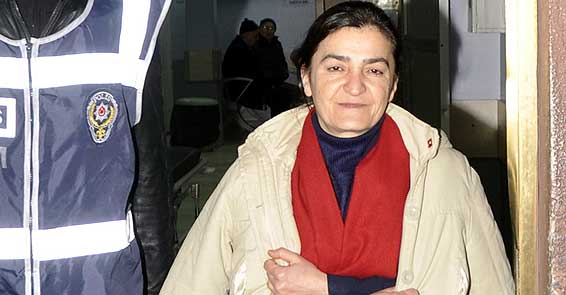PARIS: President Nicolas Sarkozy s visit to Damascus confirms the failure of his policy of isolating the regime of President Bashar Al-Assad.
That policy began at the end of 2004, when Presidents George W. Bush and Jacques Chirac formed a common front, following the UN Security Council s Resolution 1559 of Sept. 2 of that year, which called for the withdrawal of Syrian troops from Lebanon and the disarmament of all militias – meaning mainly Hezbollah. Some months later, after the assassination of former Lebanese prime minister Rafik Hariri, on Feb. 14, 2005, the Syrians were forced to withdraw from Lebanon and the UN set up an international commission of inquiry. The future of the Syrian regime looked increasingly uncertain. Bush and Chirac decided to crack down harder, boycotting it politically and punishing it economically. For the Bush administration, Syria was a part of the axis of evil.
Three years – and a war – later, their policy has collapsed. This is partly because of the situation in Lebanon and partly because of their misreading of Syria s policy. In Lebanon, the clash was never between the good guys and bad guys, it was between two alliances, each representing roughly half of the population. Hezbollah was allied with General Michel Aoun, the main leader of the Christian Maronites — something that didn t fit into Bush s vision. Any political solution means compromise and will have to take into account this balance of power; otherwise things will have to be resolved with guns (and the strongest, Hezbollah, will win).
So what was Syria s policy? To avoid taking military control of Lebanon again in the way it had done in the 1990s or in the beginning of this decade; to prevent Lebanon from being transformed into an opposition front against the Syrian regime (as some in the pro-Western Lebanese coalition wanted); and to keep the Lebanon question open (including the arming of Hezbollah) as a bargaining chip with Israel. When these aims were realized with the Doha agreements between the Lebanese majority and the opposition, Damascus endorsed them without reservation.
Assad told me this summer that he wants to make peace with Israel. He is afraid for the future of the region, which is growing more socially conservative and sliding toward terrorism. To stop the country from becoming a fertile ground for terror, he said, you need development, culture, an education system and dialogue. And you absolutely need peace. This is a fundamental difference from Iranian policy.
In May, Israel and Syria announced the opening of indirect negotiations, with the Turkish prime minister, Recep Tayyip Erdogan, as intermediary.
After eight years of paralysis, Assad said, referring to the end of negotiations between the two countries in 2000, after the war on Lebanon, after two attacks on Syria, there is no trust. We are probing Israel s intentions; we don t trust them and perhaps they don t trust us.
We want to make sure that the Israelis are ready for peace, he said, Ready to return the whole Golan.
A peace between Israel and Syria would mean, quite rapidly, a peace between Israel and Lebanon and a solution to the question of Hezbollah’s arms. It would mean peace between Israel and all its neighbors. Of course, the Palestinian question remains a stumbling block, but the conditions for resolving it would have changed radically.
Are Europe and France and the next American administration ready to push in this direction? Assad has asked Sarkozy to help him and play a role in these negotiations. Europe can help of course, but the United States remains the main player. And for all three of them to succeed they have to understand that there will be no agreement without a total withdrawal from the Golan.
In 2000, after long negotiations, agreement was near. As Assad said, 80 percent of the problems were solved, especially in the field of security, which is very important for Israel. At the last minute the Israeli Prime Minister Ehud Barak refused to sign, fearing for the survival of his coalition. It will need America and Europe to convince the future Israeli government that peace with Syria is worth the Golan Heights.
And relations between Syria and Iran? They will continue, of course, for good economic and political reasons. But if Syria and Lebanon make peace with Israel, their substance will alter. They will become ordinary relations, such as Iran has with Russia, India and many developing countries.
Alain Greshis deputy director of Le Monde diplomatique and a specialist on the Middle East. He is a member of the administrative council of the Institute of Arab World (IMA) and president of the Association of French journalists specialized on the Maghreb and the Middle East (AJMO). This article is distributed by the Common Ground News Service (CGNews) and can be accessed at www.commongroundnews.org. It was first published by International Herald Tribune, www.iht.com.


